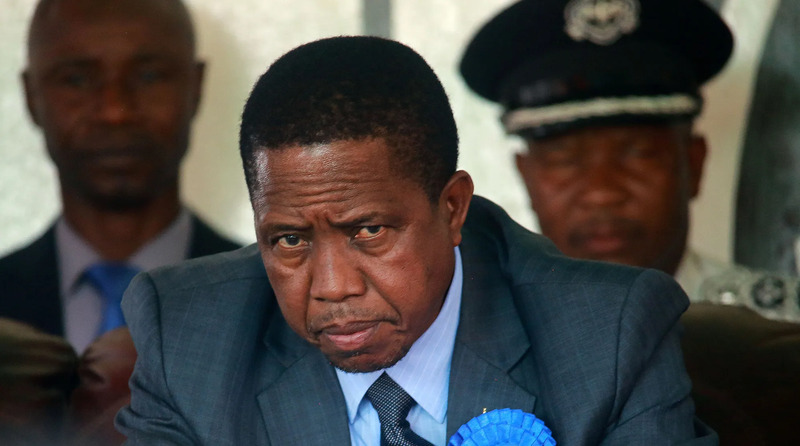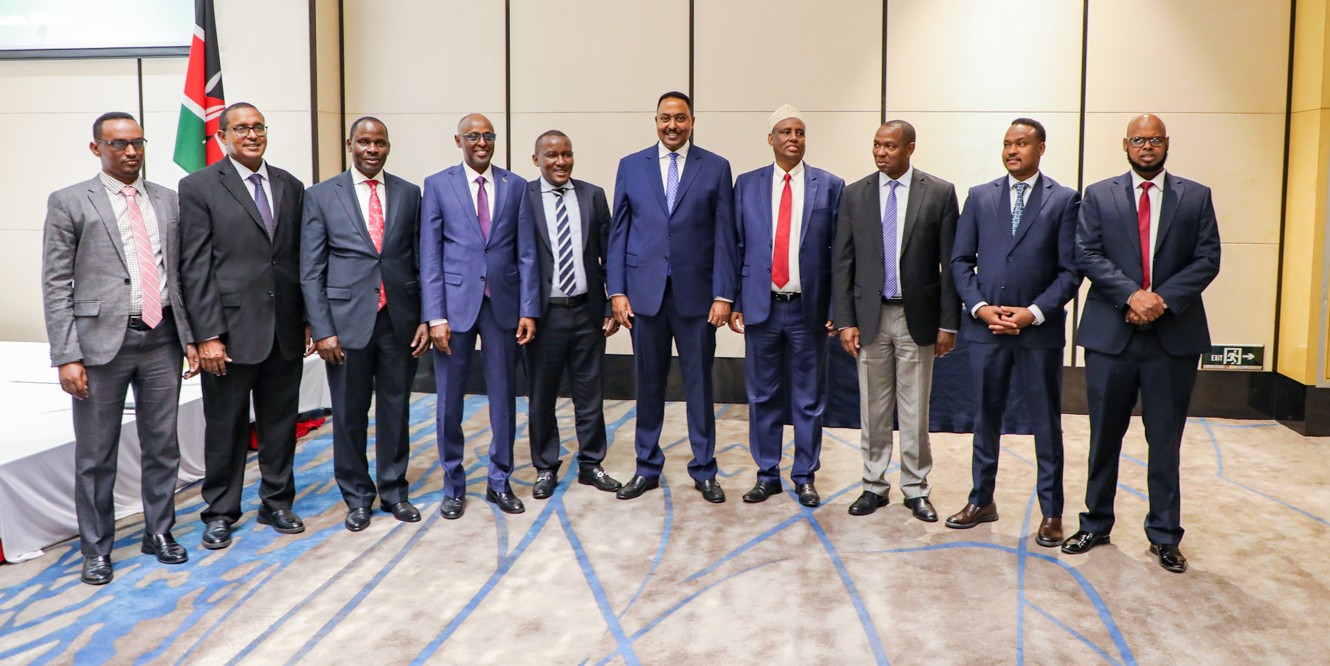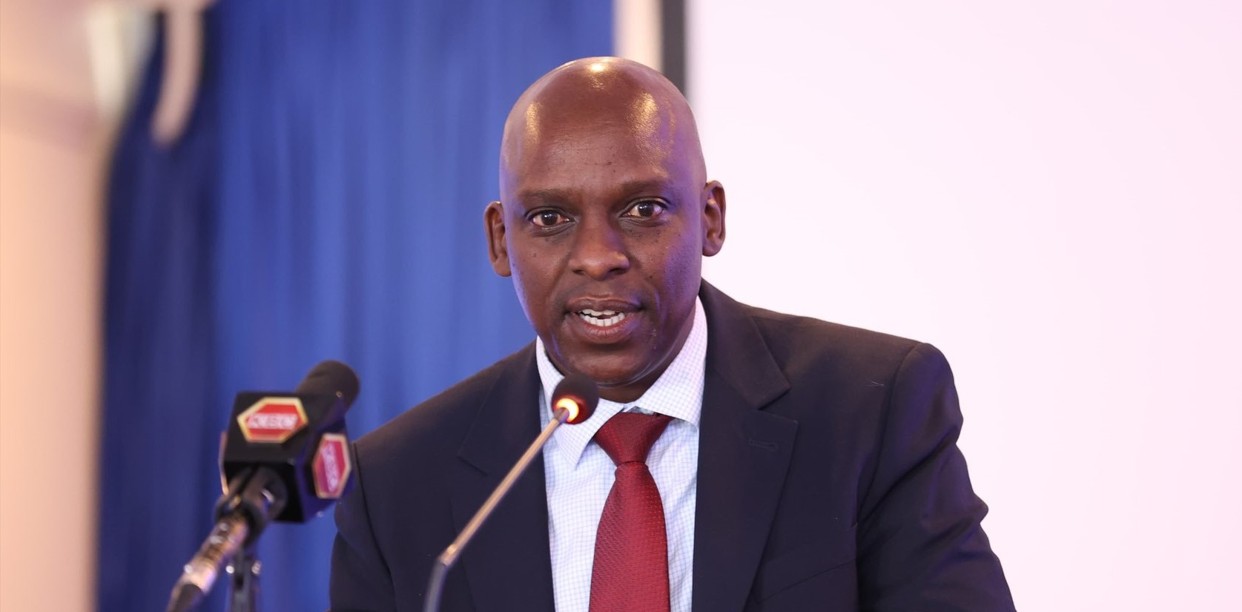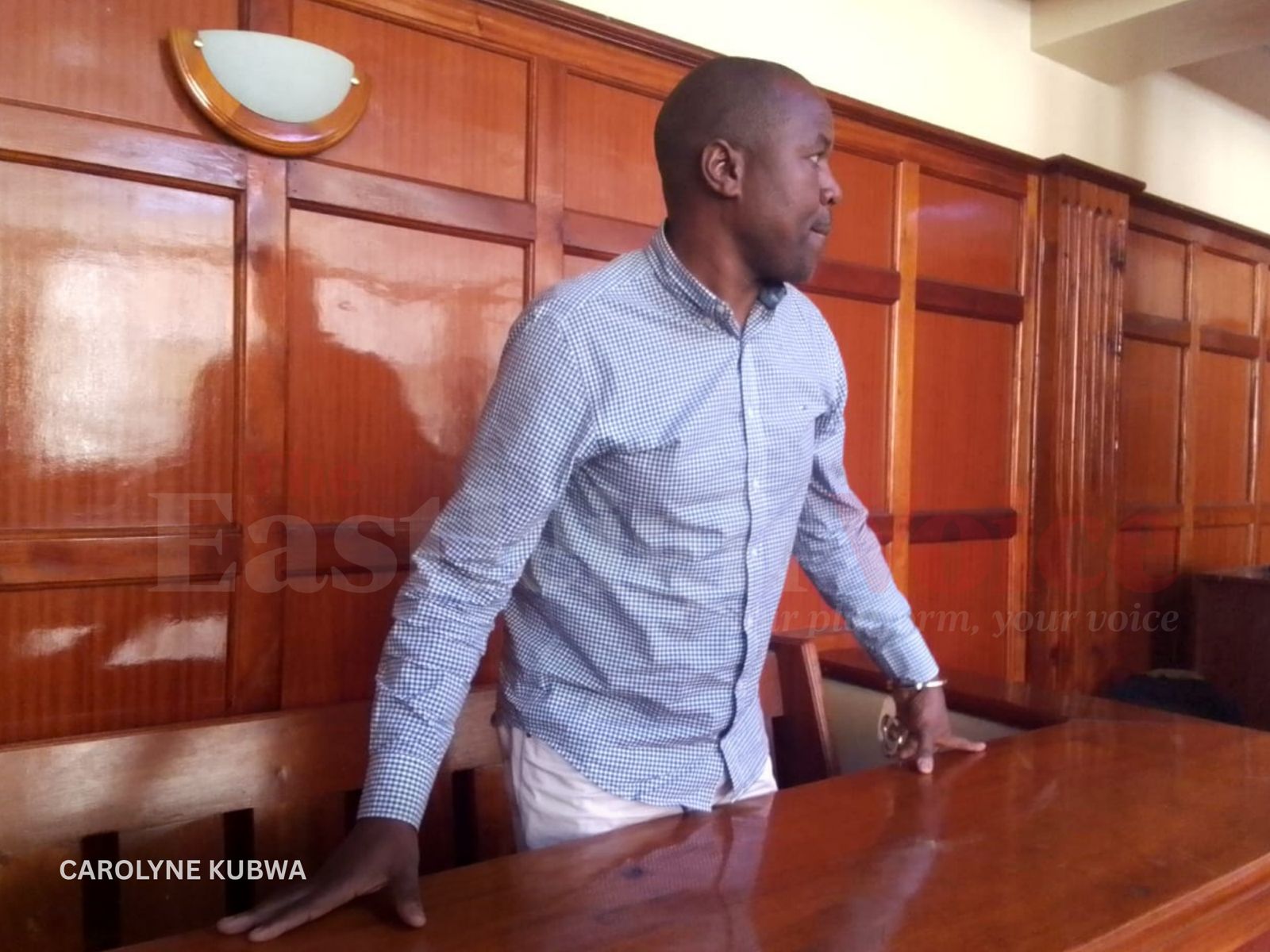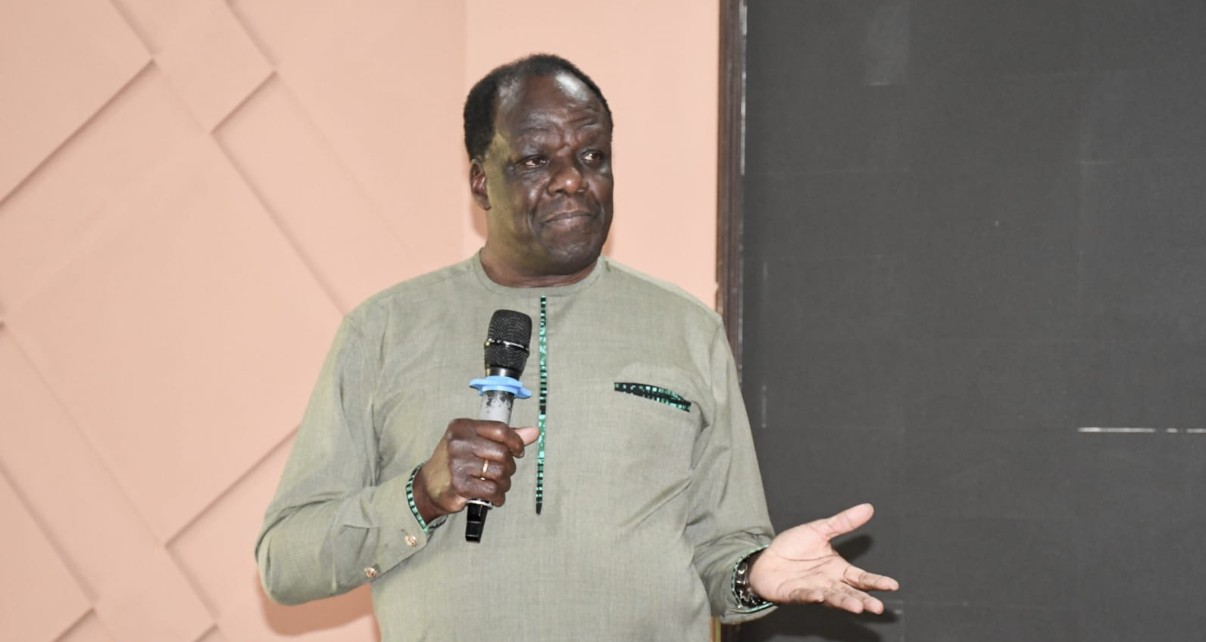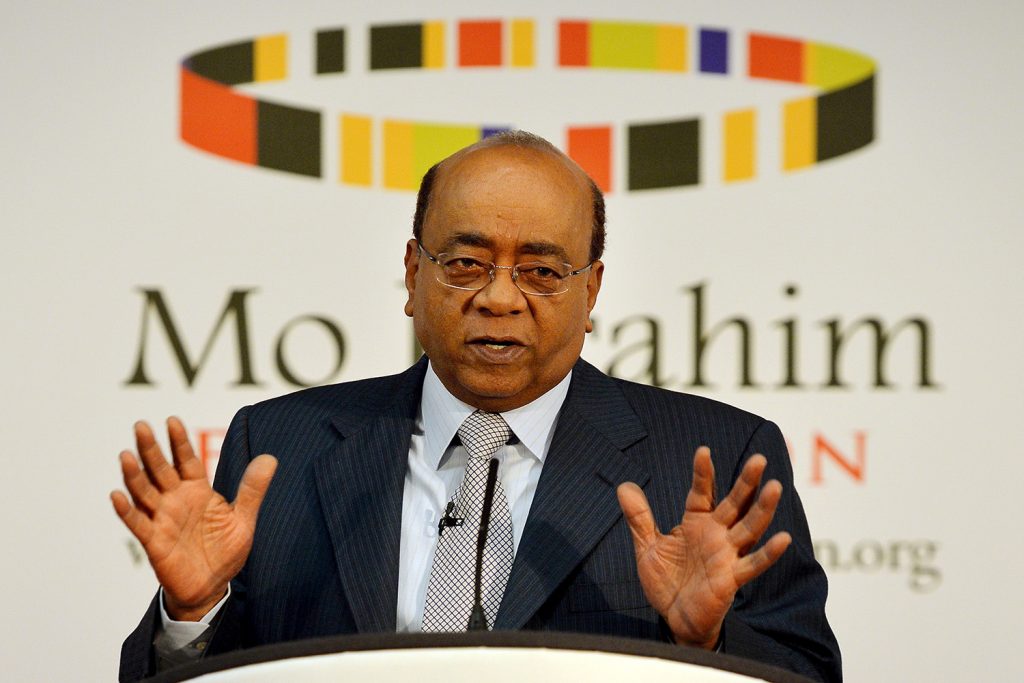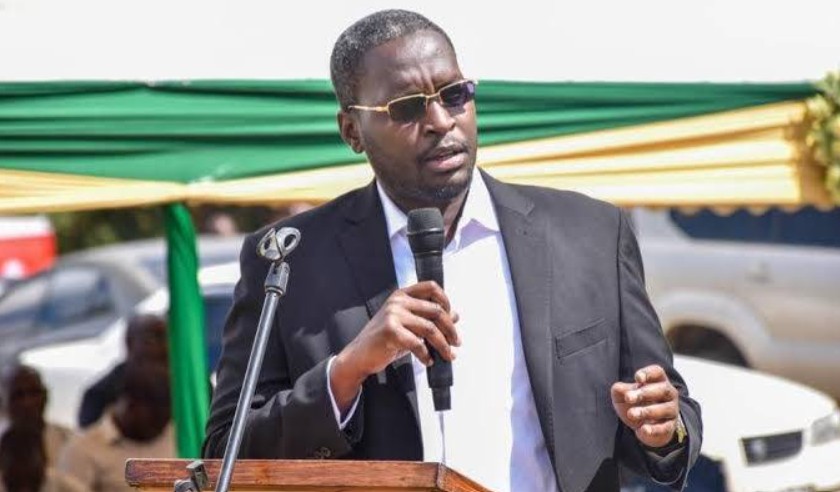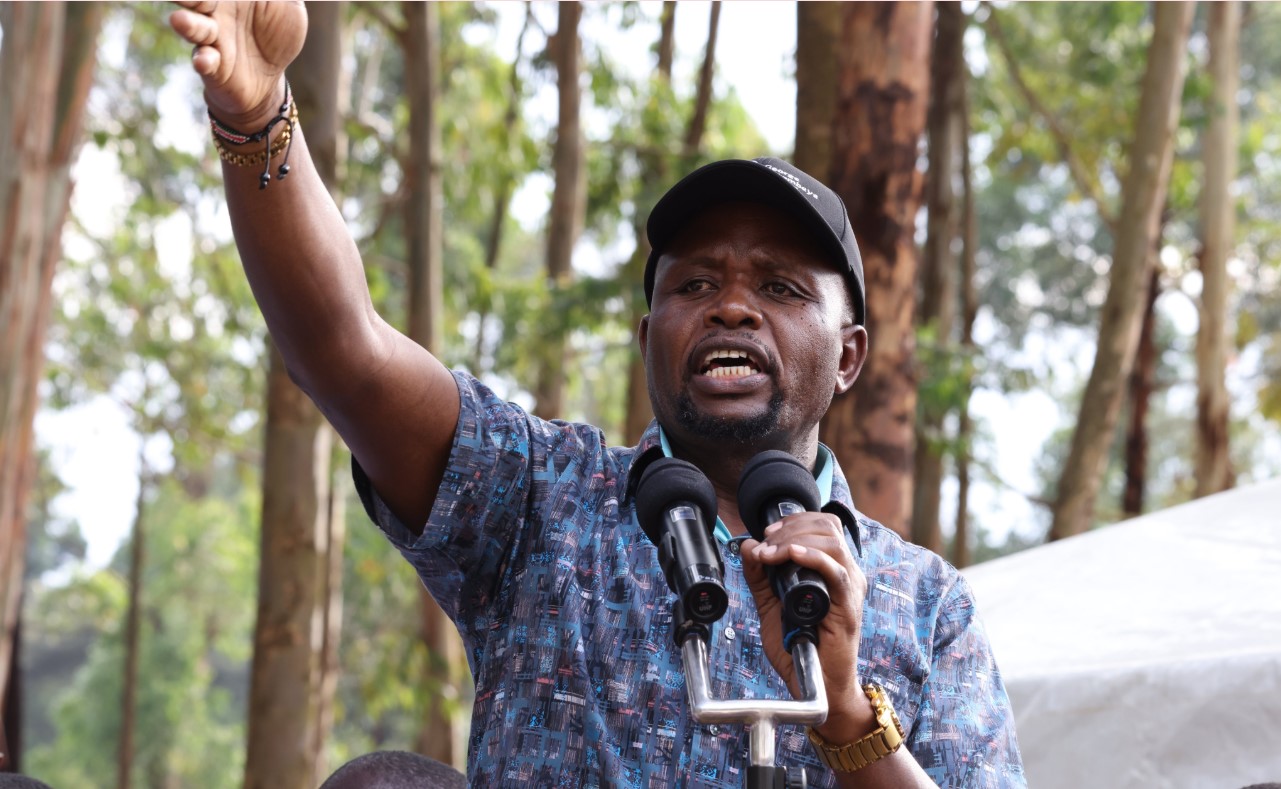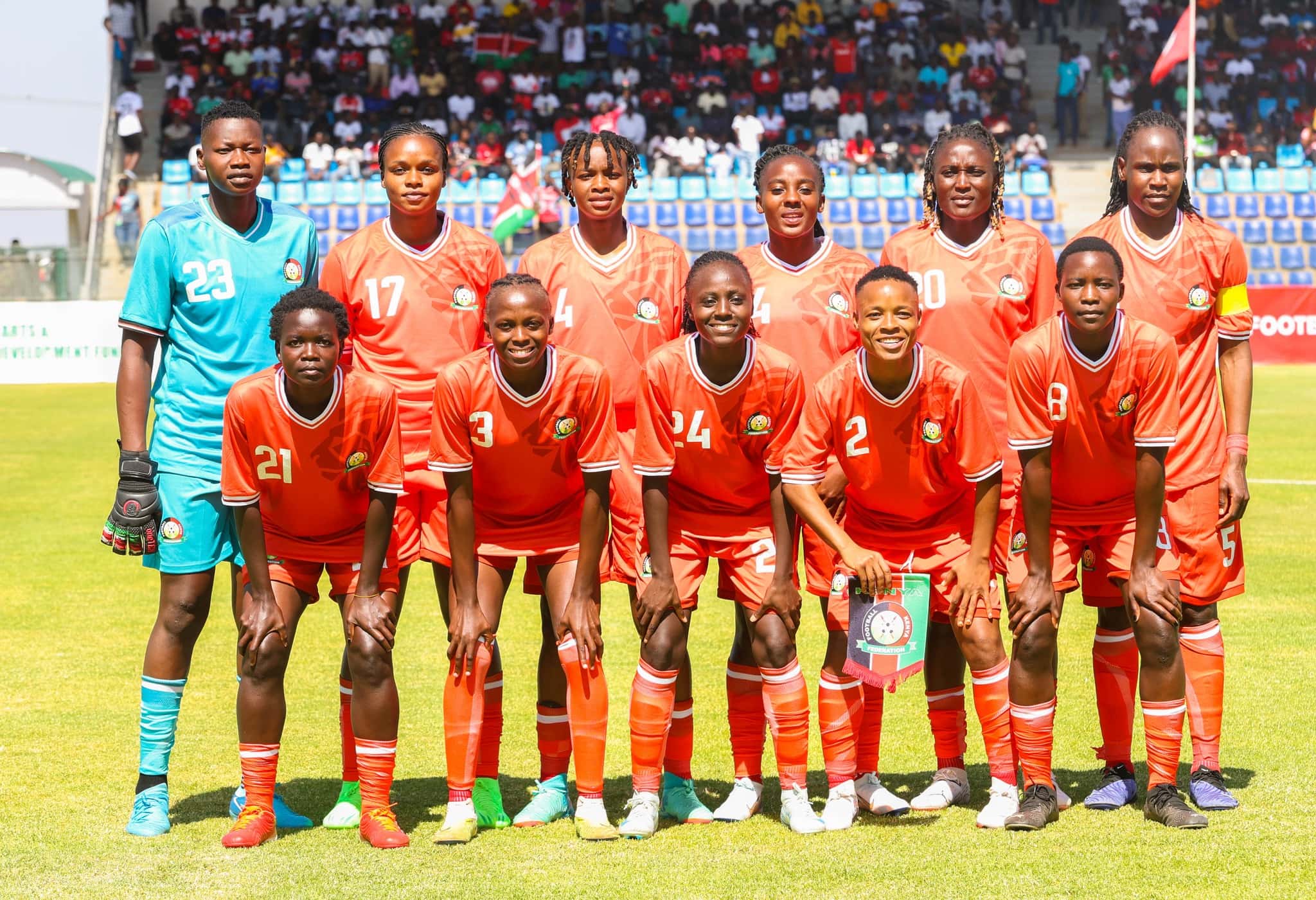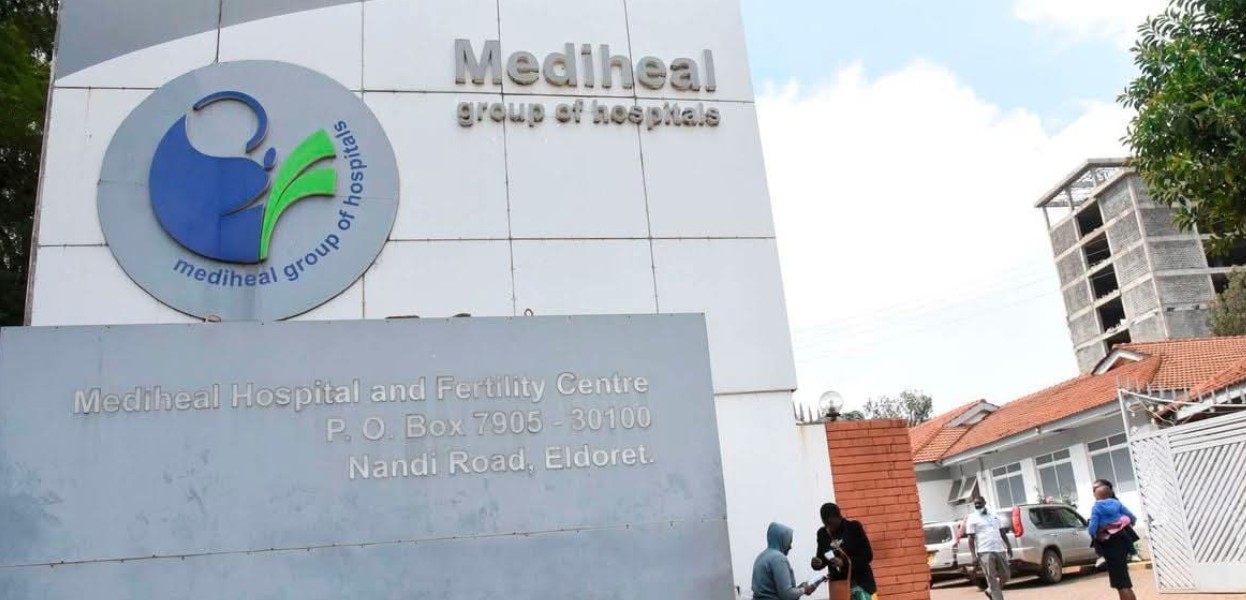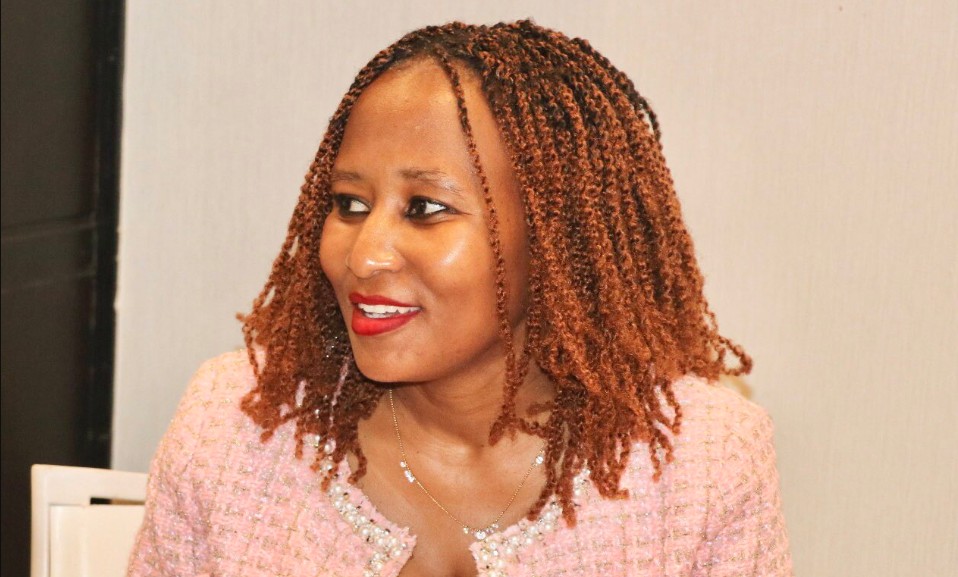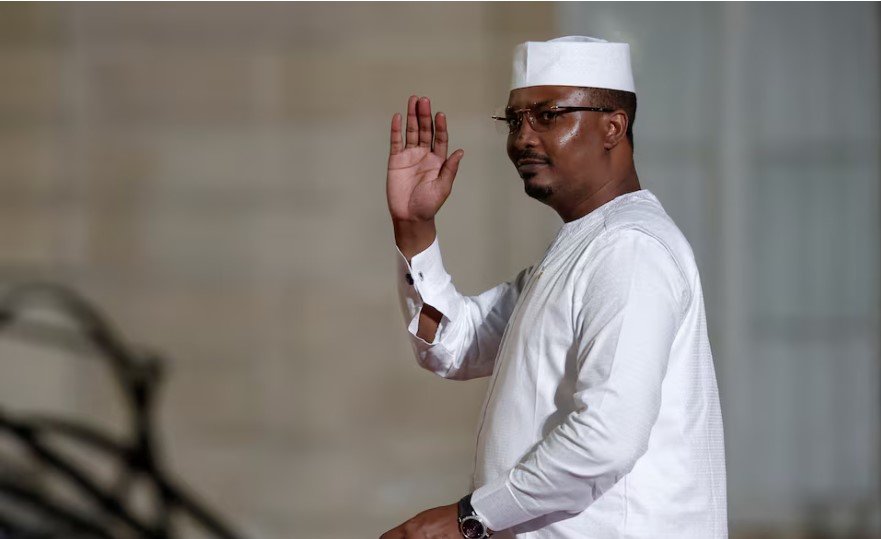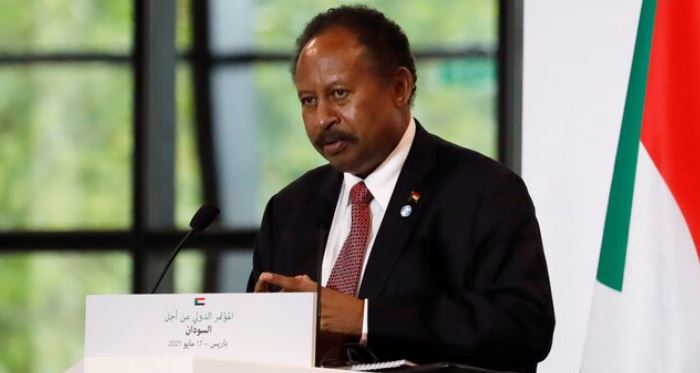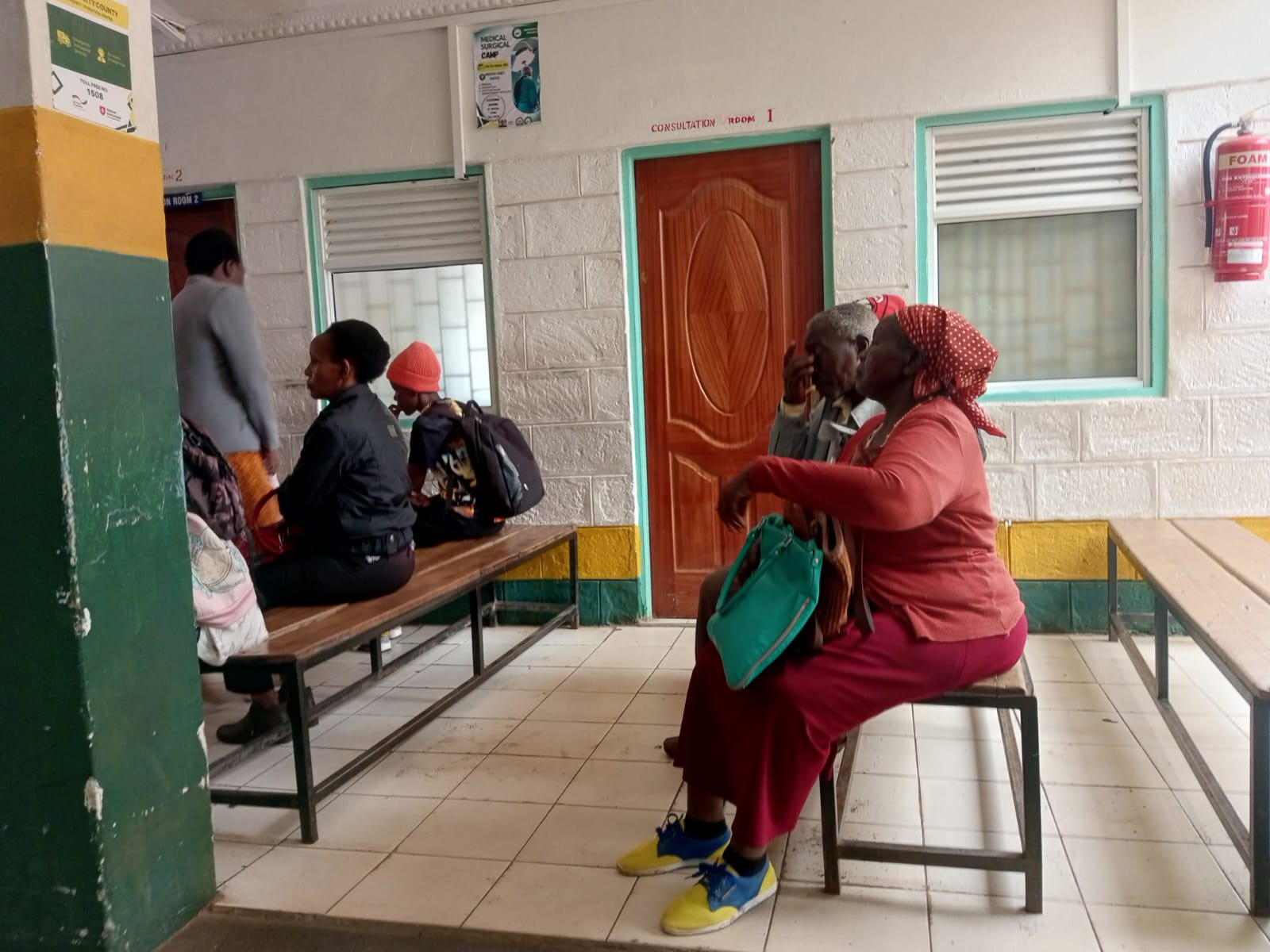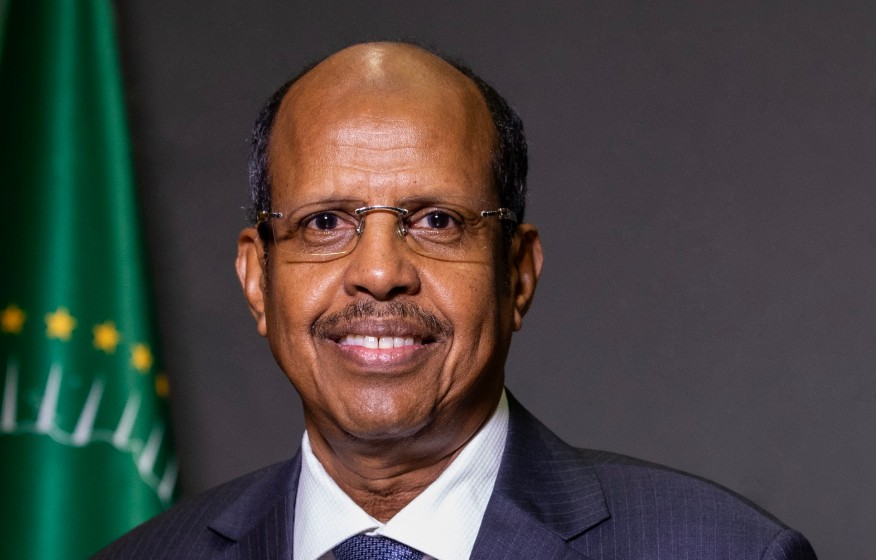The battle for Khartoum: tracking Sudan’s war over two years
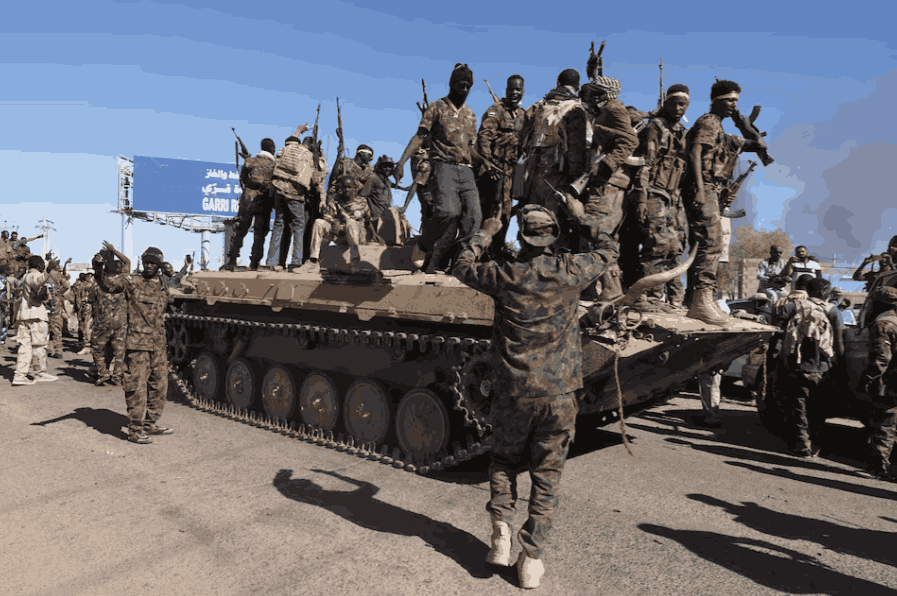
The war has also triggered a massive displacement crisis, with more than 14 million people forced to flee their homes. Many have sought refuge in neighbouring countries, while others remain trapped in dangerous conditions within Sudan.
Sudan has been engulfed in brutal conflict since April 15, 2023, when tensions between the country’s two most powerful military factions erupted into civil war.
The conflict stems from a long-standing power struggle over military control and integration. Fighting between the Sudanese Armed Forces and the paramilitary Rapid Support Forces began in the capital, Khartoum, and quickly spread across the country. International efforts to broker peace since then have largely failed.
More To Read
- No military victory will end Sudan’s war, says former PM Abdalla Hamdok
- UN, IOM condemn deadly attack on humanitarian convoy in Darfur that killed 5 aid workers
- Sudan's warring sides trade blame after five aid workers killed in attack on UN convoy
- Bill Gates pledges majority of Sh25.8 trillion fortune to Africa over 20 years
- 70,000 refugees arrive in Chad from Sudan amid escalating violence in North Darfur
- Is Sudan’s war the reason for South Sudan’s economic crisis? What’s really going on with oil revenue
The conflict, which has been going on for two years now, has created one of the world’s worst humanitarian emergencies.
An estimated 30 million Sudanese civilians are in need of aid. Brutal attacks, looting and destruction of infrastructure have become commonplace. Millions of people lack access to essential medical care. Food shortages and economic collapse have worsened the suffering.
The war has also triggered a massive displacement crisis, with more than 14 million people forced to flee their homes. Many have sought refuge in neighbouring countries, while others remain trapped in dangerous conditions within Sudan.
As the conflict drags on, the toll on Sudan’s people continues to grow. Estimates of those killed vary widely, from 20,000 to 62,000, but the actual figure could be much larger.
With no clear resolution in sight, Sudan’s crisis is one of the most urgent and devastating conflicts in the world. At The Conversation Africa, we have worked with academics who have tracked the conflict since 2023.
Weapons flow
Early on, it was clear that both the Sudanese army and the paramilitary force had a sufficient supply of weapons to sustain a protracted conflict. The country was already awash with firearms.
It is ranked second – after Egypt – among its regional neighbours in total firearms estimates. Khristopher Carlson, part of a research project tracking small arms and armed violence in Sudan, noted that the two Sudanese forces might have different fighting methods but were adequately equipped to trade fire. The army’s superiority was its air force and heavy arsenal on the ground. The paramilitary force relied on nimble mobile units equipped primarily with small and light weapons.
External interference
This proliferation of weapons has been compounded by financial and military support from external states. Various foreign players – Chad, Egypt, Iran, Libya, Qatar and Russia – have picked a side to support.
However, the influence of Saudi Arabia and the United Arab Emirates has been particularly problematic. Political scientist Federico Donelli explained that the two nations viewed Sudan as a key nation because of its location.
Following President Omar al-Bashir’s ouster in 2019, the two monarchies bet on different factions within Sudan’s security apparatus. This external support exacerbated internal competition. Riyadh maintained close ties with army leader Abdel Fattah al-Burhan. Abu Dhabi aligned itself with the head of the Rapid Support Forces, Mohamed Dagalo, or Hemedti.
Regional dynamics
The support from international players in Sudan’s war has had a damaging effect on regional dynamics. The Sudanese army recently accused the United Arab Emirates of supplying the Rapid Support Forces with weapons through Chad.
At a ceremony for an officer killed in a drone strike carried out by paramilitary forces, a senior army official said Chad’s airports would be “legitimate targets” should retaliatory action become necessary. This heightened the risk of a spillover of the Sudanese conflict. Sudan shares borders with seven countries in an unstable region, including Chad, South Sudan, Eritrea and Ethiopia. Economics professor and legal expert John Mukum Mbaku warned that a spillover of the fighting could devastate the region economically, socially and politically.
Protecting civilians
The conflict has put millions of civilians in Sudan in the crossfire. A UN report in September 2024 called for an independent force to protect civilians; Sudan’s officials rejected the proposal. However, peace talks have yet to achieve a lasting ceasefire.
Sudan had a peacekeeping force between 2007 and 2020, followed by a UN-led political mission that exited in February 2024. Since then, there has been no security presence in Sudan responsible for protecting civilians. Peacekeeping researcher Jenna Russo noted the need for a regional or international peace force that could create “green zones”. This would help protect areas where displaced persons were sheltering and facilitate humanitarian aid.
What’s been missing?
High-level peace talks brokered by the African Union and the UN to negotiate a ceasefire have largely been unsuccessful, putting civilians at constant risk. Talks held in Switzerland and Jeddah have had little impact. Philipp Kastner, a peace scholar, highlighted that the countries hosting or supporting these talks were pursuing competing interests in Sudan, which affected their impartiality. Progress to negotiate an end to the war would be unlikely if external military support to the warring parties continued unabated. Civilians would continue to pay the price.
Top Stories Today
